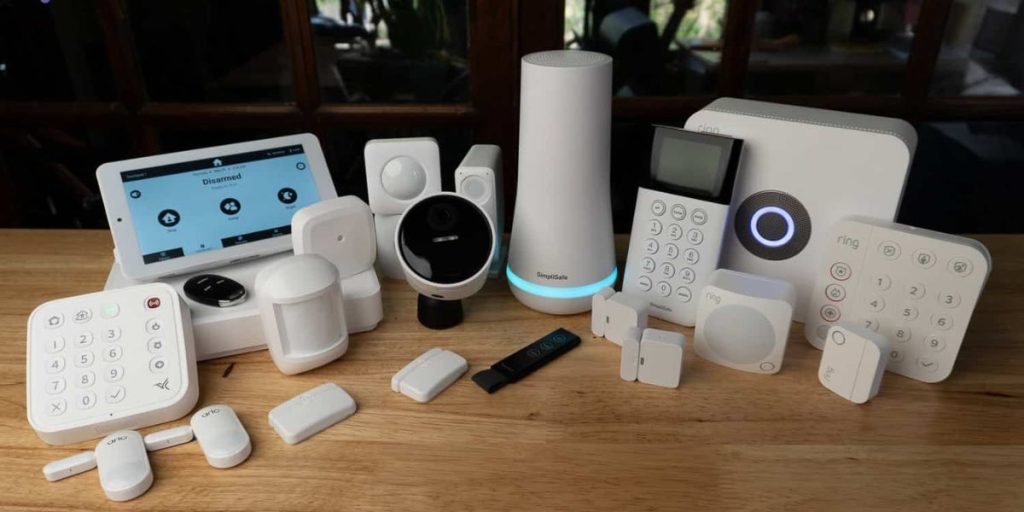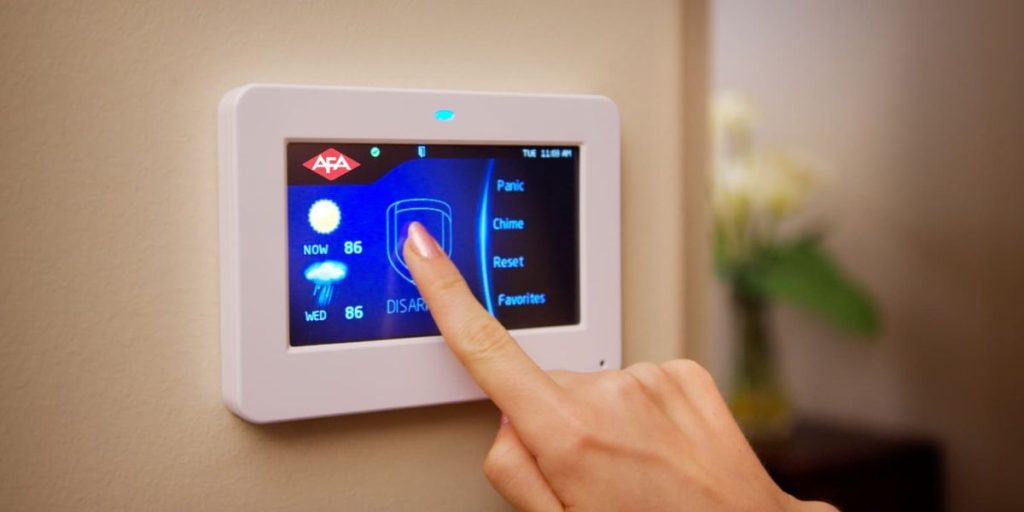
In today’s world, protecting your home and loved ones is a top priority. With increasing security concerns, home alarm systems have become a crucial tool for safeguarding your property. These systems act as a deterrent, alerting you to potential dangers and providing peace of mind. But how exactly do home alarm systems enhance home security? Let’s break it down.
When will you want to install a house alarm system if you haven’t yet? Is it better to be motivated or should you wait only until an intruder enters? Allow me to tell you about a recent event emphasizing the need of this choice. Two adult male relatives who committed some burglaries only four months ago are the focus of the present case study. One of them was detained during a botched break-in; the other was able to flee but will probably be arrested sooner than later.
They are only one set of many out of hundreds who commit these crimes every day but the focus is on their case specifically because it received more media attention than usual due to the nature of the crime. One of the suspects attempted to assist his cousin during a robbery attempt; he managed to fend off two men from the property but was ultimately captured in the process.
What is a Home Alarm System?

Electronic tools meant to detect unauthorised access, fire, or other emergencies in a house are home alarm systems. They include sensors, control panels, and alarms that work together to protect your property. Modern systems provide real-time notifications and typically link to cellphones or monitoring services. An alarm’s basic concept is really straightforward: they are supposed to alert the house occupants of anything out of the usual.
The basic structure of an alarm system would be composed of sensors, central control, and alarm units such as sirens. A warning is done to protect the people from unnecessary loss of property in instances of invasion or even a fire outbreak. Alarms are very important because they offer protection, act as crime deterrents, and enable quick action in times of crisis.
How a Home Alarm System is Structured?
There are specific elements that make up a home alarm system. The following components all work together to ensure security:
Control Panel
This is the main part of the alarm system where the various sensors send their signals. It receives these signals and performs the central function of deciding whether to sound an alarm or not.
Sensors
Different types of sensors play a crucial role in monitoring your home:
- Door and Window Sensors: These sensors are attached to doors and windows and activate the alarm if they are opened unexpectedly.
- Motion Detectors: Placed in strategic locations, these sensors detect movement within a specified area and trigger the alarm when unusual activity is detected.
- Glass Break Sensors: Designed to detect the sound of breaking glass, these sensors can alert the system to potential intrusions.
Door and Window Sensors
These sensors are installed on doors or windows and sound the alarm when these points are opened without authorization.
Motion Detectors
These sensors are installed in specific places and areas and can report motion within their defined area. They also sound an alarm when some unusual activity occurs in such places.
Cameras
Many systems of alarm can see their property even when they are away or by using a phone. In most cases, these cameras are now installed in modern alarm systems like all-in-one or mono-camera systems.
Glass Break Sensors
These sensors are heard when glass is struck and breaking occurs. These sensors are also able to turn on the whole system when they detect an attempt to break into the owner’s premises.
How Does the Home Alarm System Work?

The process of operating a home alarm system can be summarized in some steps:
System Arming
Either a remote control or a keypad allows residents to arm the device. Usually, this is done either before bed or when they leave their house. All the linked sensors—door and window sensors, glass break sensors, motion detectors—turn on when the system is activated. The system now has to protect the premises and search for anything suspect.
Intrusion Monitoring
The system continues to monitor the house’s security immediately after it is activated. The sensors are responsive to changes in the external environment, such as the opening of doors, windows, or movements within the area under surveillance. For example, the premises are notified when a door sensor detects an open door or when an unauthorized individual enters through a door.
Alarm Activation
A sensor triggers an event that results in the control interface being informed of a breach and all indicators being set to red alert. Therefore, in the event that an intruder enters, the alarm system will activate alarms that are noisy and will also notify individuals within the residence. The general purpose of similar voice alarms is twofold: first, to notify the residents of an intruder in the event of prevention, and second, to impede the invasion by frightening the intruder, rendering the invasion unjustifiable.
Communication
Advanced communication capabilities are frequently included in contemporary alarm systems. They have the ability to send alerts directly to the smartphones of homeowners through dedicated apps or notifications, thereby providing real-time updates on the security status of the residence. Furthermore, certain systems are linked to monitoring corporations that have the ability to intervene by contacting local authorities or dispatching emergency services if necessary. This guarantees a prompt response to prospective threats.
System Disarming
The system can be disarmed by the inhabitants using the keypad or remote control once they return home or the situation is deemed secure. The householders are able to conduct their daily routines without interruption by disarming the system, which prevents any alarms from sounding. To prevent the occurrence of false alarms, it is crucial to disengage the system within a designated time frame.
What are the Benefits of Home Alarm Systems?
Installing a home alarm system offers a multitude of benefits, including:
Burglary Deterrence
Any property worth its salt will have an alarm system installed to ward off would-be burglars. Burglars are more likely to target houses without security equipment, according to studies. Burglars will think twice about trying to steal into your home if there are obvious alarm indicators or cameras around.
Notifications in Real Time
Every member of the household is immediately notified if any suspicious activity is detected by a home alarm system. In the event of an intrusion, an unexpected opening of a window, or the detection of motion in restricted areas, the system instantly notifies the user through text message or smartphone app. Residents may respond swiftly with this immediate feedback, whether it’s by calling authorities or taking other suitable activities.
Surveillance
Homeowners may keep tabs on their properties from afar with the help of modern alarm systems that include built-in video cameras. For instance, at Build Like New, you may get the most recent innovations in sight sensor cameras that provide improved safety features.
With a smartphone or computer, you can check live feeds from inside and outside your home, ensuring peace of mind when you’re away. These cameras can also record footage that can be useful for identifying intruders and assisting law enforcement if a crime occurs.
Smart System Integration
Integrating with other smart home devices is a breeze with many modern alarm systems. In other words, the same interface you use to handle your alarm system may also control your lights, locks, and thermostat. For instance, in the event that you fail to lock the doors when you leave the house, you can instruct your lights to switch on automatically as soon as the alarm goes off. By integrating these systems, home management can be approached more comprehensively, which improves both convenience and security.
Conclusion
When it comes to protecting one’s house, home alarm systems are indispensable. They prevent fires and carbon monoxide poisoning and guarantee constant surveillance in addition to discouraging would-be burglars. Homeowners may rest easy with these systems, especially with the added ease of smart home integration and remote access. A well-selected alarm system is a financial investment in your family’s safety and security, regardless of the size of your home. Learn about your alternatives for making your house a safer place to live and safeguard the things that are important to you now.
Have questions? Dial (915) 226-0091 and speak directly with our friendly support team. We’re here to offer guidance, answer your queries, and ensure you get the best experience possible. Call now and let us assist you!
